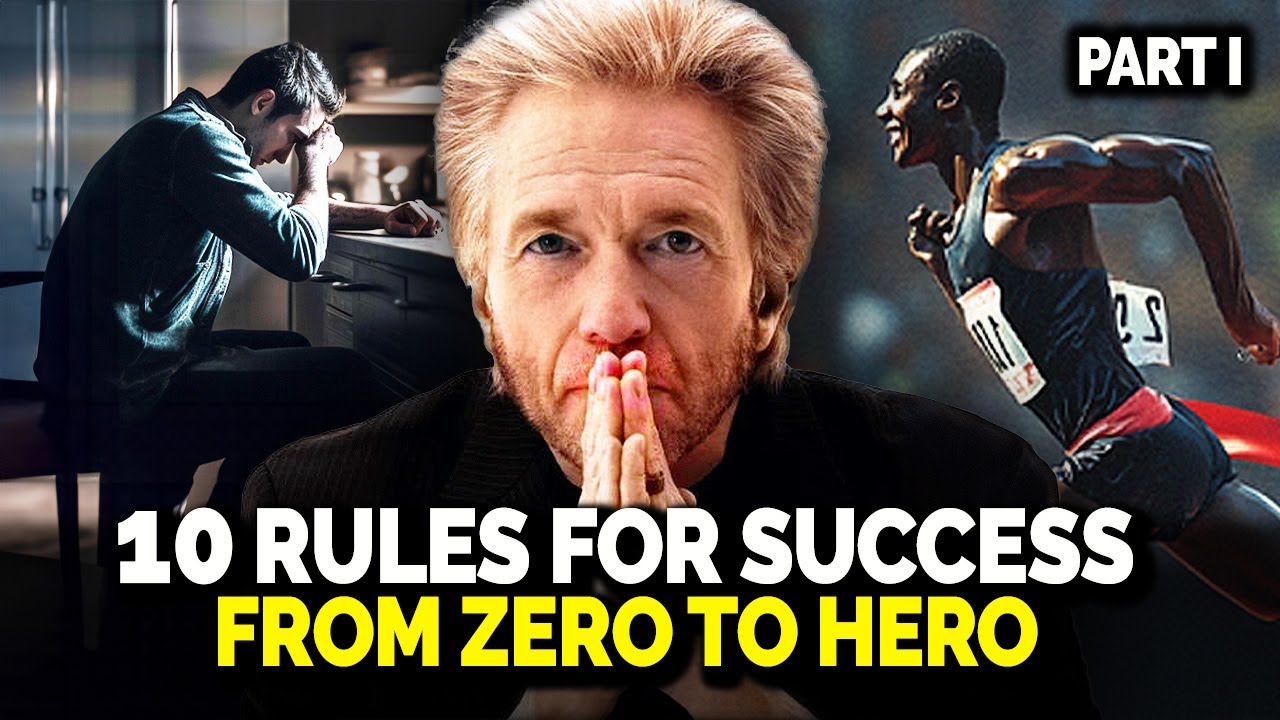What is a value judgment and why should I care
Summary
TLDRIn this thought-provoking video, the speaker explores the concept of value judgments—how we assign emotional or cognitive weight to words, experiences, and interactions. Through personal anecdotes and reflections on topics like racism and parenting, the speaker emphasizes how our reactions are shaped by the value we place on information. With a focus on emotional intelligence, the video highlights how understanding and responding thoughtfully to others, especially children, can lead to healthier relationships and self-growth. Ultimately, it calls for empathy, reflection, and the importance of not internalizing harmful judgments.
Takeaways
- 😀 Value judgments shape how we perceive and react to the words and actions of others, depending on context and emotional significance.
- 😀 A simple example of value judgment is how we perceive the worth of an object, like a coffee cup, based on emotional attachment or its significance.
- 😀 A heavier example of value judgment relates to biases, such as racism, where one's reaction to being labeled as racist depends on how they value the judgment being made.
- 😀 When confronted with biases or flaws, acknowledging them and working on them fosters personal growth. Denial or defensiveness prevents growth.
- 😀 The impact of a judgment can vary depending on how much weight we assign to it. Different people react differently to the same feedback or criticism.
- 😀 In relationships, understanding the context of someone's words is crucial. This helps avoid emotional overreaction and allows for more thoughtful responses.
- 😀 When children express hurtful statements, like 'I hate you,' it's important not to internalize these words but to recognize they come from emotional distress.
- 😀 Parenting involves recognizing the emotional state behind a child's words, rather than reacting solely to what is said, to prevent misunderstandings.
- 😀 Responding thoughtfully to emotional outbursts, such as a child lashing out, requires patience and the ability to separate the words from the emotions driving them.
- 😀 Personal growth involves understanding our own emotional responses to judgments and being able to adjust how we react, especially in difficult or hurtful situations.
- 😀 In the end, it's important to be kind to ourselves and others, acknowledging our imperfections while striving to improve.
Q & A
What is the concept of a value judgment as explained in the video?
-A value judgment is the weight we place on words or information. It’s about how the meaning or significance of something changes based on personal perspective or experience.
Can you give an example of how a value judgment works?
-A simple example is when a person breaks a coffee cup. If it's just a cheap thrift store find, it may not matter much. However, if it's a gift from a deceased loved one, the emotional value makes it far more significant.
How does the concept of racism tie into value judgments in the video?
-The speaker discusses how racism is inherent in everyone due to preconceived biases. However, it’s the value judgment placed on this information that determines how one responds—whether they accept or deny their biases and whether they act to change them.
Does the speaker believe that acknowledging one's biases makes someone a bad person?
-No, the speaker argues that acknowledging biases doesn’t inherently make someone a bad person. It’s how one chooses to act on these biases that matters, with denial or inaction being the issue.
How does the speaker explain the reaction to being called a racist?
-The speaker highlights how someone might react defensively to being labeled a racist, denying their own biases to avoid being seen as a bad person. This is a different value judgment, as the label itself triggers negative emotions.
What example does the speaker provide to discuss value judgments in parenting?
-The speaker uses the example of a 9-year-old stepdaughter yelling, 'I hate you,' to explain how emotional reactions to children's words depend on the value judgments parents place on them.
How does the speaker suggest a parent should respond to a child's outburst?
-The speaker suggests that parents should not internalize the harsh words, recognizing that the child is just lashing out due to unmet needs. Instead, the parent should stay calm, give the child space, and address the issue after both have had time to cool down.
What does the speaker mean by 'secular parenting'?
-Secular parenting refers to a parenting approach that is not based on religious principles. It focuses on pragmatic and emotional aspects of raising children, such as understanding their behavior and emotions.
How does the speaker suggest we handle emotional biases when interacting with others?
-The speaker advises that we should be aware of our emotional biases but not let them dictate our actions. It’s important to respond thoughtfully rather than react impulsively to the words or behavior of others.
What is the overall message the speaker is conveying about value judgments?
-The overall message is that value judgments shape our perceptions and reactions. Whether we interpret a situation or a person's words as positive or negative depends on the value we assign to them, and our ability to manage those judgments determines how we act and grow.
Outlines

This section is available to paid users only. Please upgrade to access this part.
Upgrade NowMindmap

This section is available to paid users only. Please upgrade to access this part.
Upgrade NowKeywords

This section is available to paid users only. Please upgrade to access this part.
Upgrade NowHighlights

This section is available to paid users only. Please upgrade to access this part.
Upgrade NowTranscripts

This section is available to paid users only. Please upgrade to access this part.
Upgrade NowBrowse More Related Video
5.0 / 5 (0 votes)





